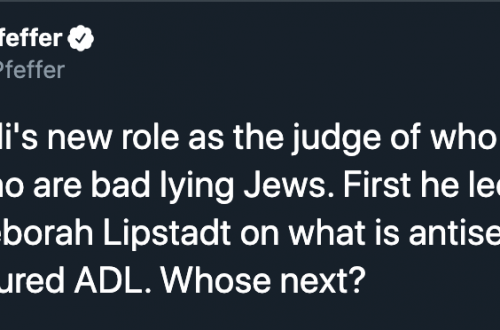Heidi Alexander’s resignation from her Shadow Health Secretary role swiftly followed the sacking of Hilary Benn after he expressed lack of confidence in Jeremy Corbyn’s leadership. Several other resignations have been predicted.
It’s difficult to see a clear way forward for Labour. One poll (though perhaps this isn’t a good time to invoke polls) reported that 29% of those who voted Labour in the 2015 General Election would no longer do so. Of course Labour has also attracted a significant wave of new supporters, some of whom would previously have voted for further left parties.
But this isn’t just a struggle between an overwhelmingly anti-Corbyn PLP and a pro-Corbyn membership. The faultlines are more complicated. The trigger for Hilary Benn’s departure was his anger at Corbyn’s failure to campaign wholeheartedly against Brexit. It’s claimed that his team actively sabotaged Labour’s Remain campaign.
Within hours of the vote, Labour MPs were openly blaming Corbyn for the huge Brexit vote in the party’s heartlands, and a motion of no confidence in his leadership is set to be voted on next week.
Now Remain campaigners say that pro-EU lines in Corbyn speeches were cut, his diary was scheduled to avoid Labour In events and any attempts to work with Tony Blair, Peter Mandelson and Gordon Brown were overruled.
Furious In campaigners lashed out, claiming that the party leaders’ diary was deliberately light on pro-EU events and that he refused to campaign actively until the very final stages of the Brexit debate.
Key decisions on planning and messaging were delayed or changed, making it impossible for Labour’s official In campaign to function smoothly, it is alleged.
The quoted response from a Labour spokesperson is quite surreal.
A Labour spokesman dismissed the criticisms, declaring that Corbyn was the only frontline politician who could heal a divided country, adding the referendum result showed “Jeremy’s views were in tune with the people”.
Although it’s a bizarrely ineffective way of countering the allegation that he was a lukewarm Remain campaigner, the spokesperson seems to have a point. If Corbyn was more Eurosceptic than most of his party colleagues it seems logical to assert that that his views are closer to the country’s Brexit majority.
However the further left rationale for Brexit had different emphases from the mainstream Leave campaign. The poll I quoted earlier reveals greater dissatisfaction with Labour amongst its former supporters from working and lower middle-class voters. These are statistically more likely to have voted Leave, but are also apparently most put off by the leader who is supposedly ‘in tune’ with their views.
Amongst Labour’s potential pool of voters – say those who either support them now or have done so in the past – there seem to be at least three main groups:
1) Corbyn supporters, who will have different views on Brexit, but be united in having a broadly socialist rationale for their different choices. This group would of course be alienated by a change of leadership and many would be keen to reselect left wing candidates to replace the Labour centrists even though these will fare better when it comes to attracting votes from:
2) Labour centrists with a liberal outlook, overwhelmingly pro Remain. Some will certainly still be voting Labour whereas others will be part of the 29% and perhaps considering voting for the Europhile Lib Dems.
3) Clearly there is also a large group of Labour supporters – more than a third – who voted Leave. Some will be from the far left but others will have been driven by more Leave-typical concerns, including immigration. Many, including those from Labour heartlands in the North of England, may feel that neither wing of the PLP is in tune with their anxieties. Some have already switched to UKIP and others may follow.
Returning to today’s shadow cabinet drama – if a vote of no confidence is successful it may be that a schism creates a two leader scenario:
Corbyn has made clear that he will not step down as party leader whatever his colleagues decide. Those involved in the attempted putsch must now decide whether to trigger what has become known as the ‘Joe Haines Option’ – a scenario laid out by the former press secretary to Harold Wilson following Corbyn’s election.
Under this, and following a majority of the Parliamentary Labour Party (PLP) rejecting him, the PLP would set about electing a new parliamentary leader. The Speaker would then be asked to effectively recognise this ‘other Labour party’ as the official opposition.


